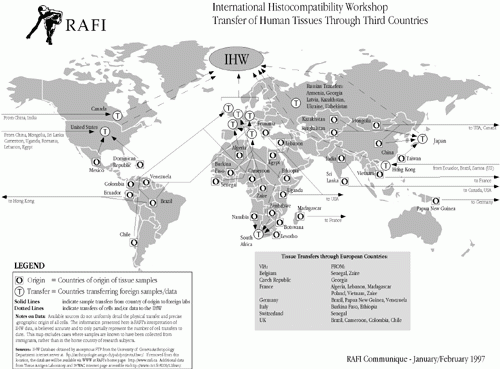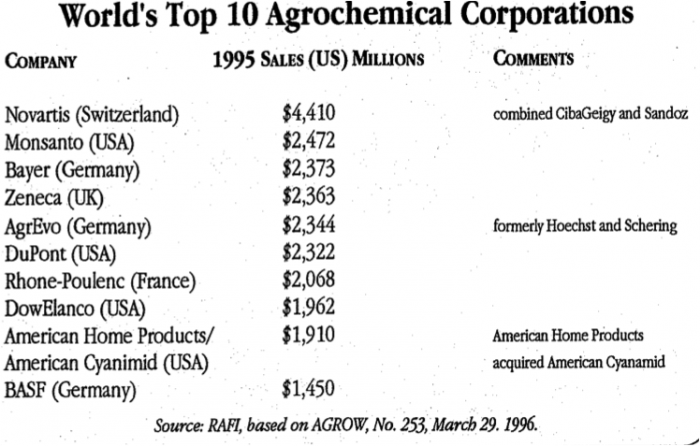Biotech Industry Sweet on African Plant Proteins
Submitted by ETC Staff on
Commercial development of sweet proteins derived from African plants could be worth millions if new, natural sweeteners can bite into the (US) $2 billion low-calorie sweetener market.(1)
Research on intensely sweet proteins is not new, but recent breakthroughs may improve prospects for commercial development.





